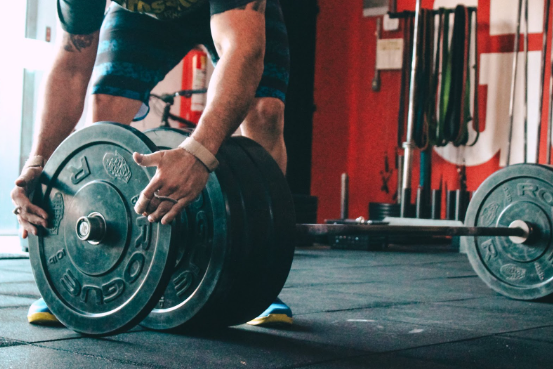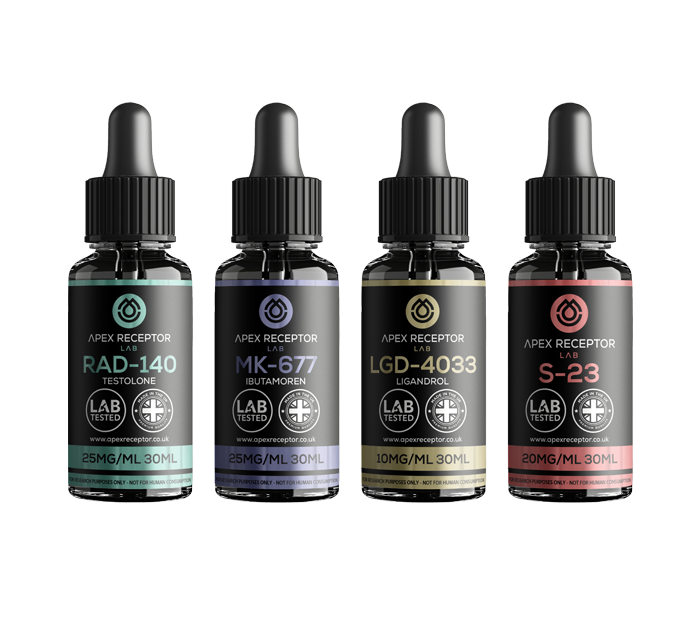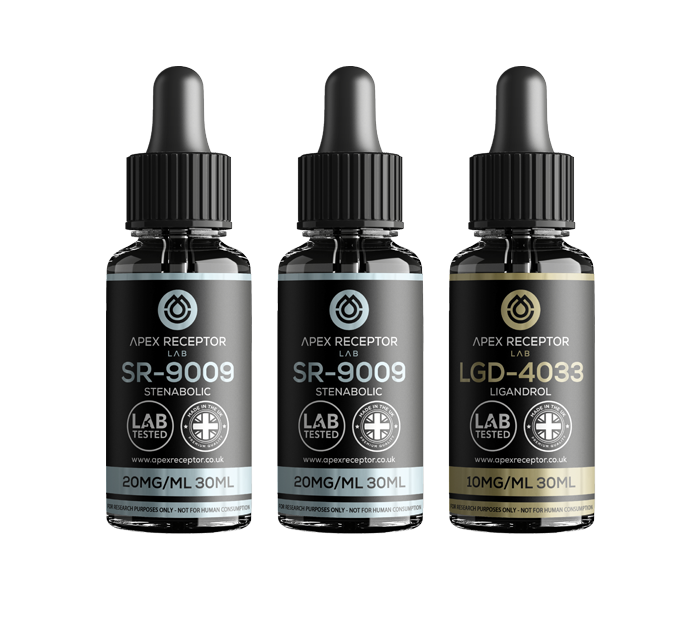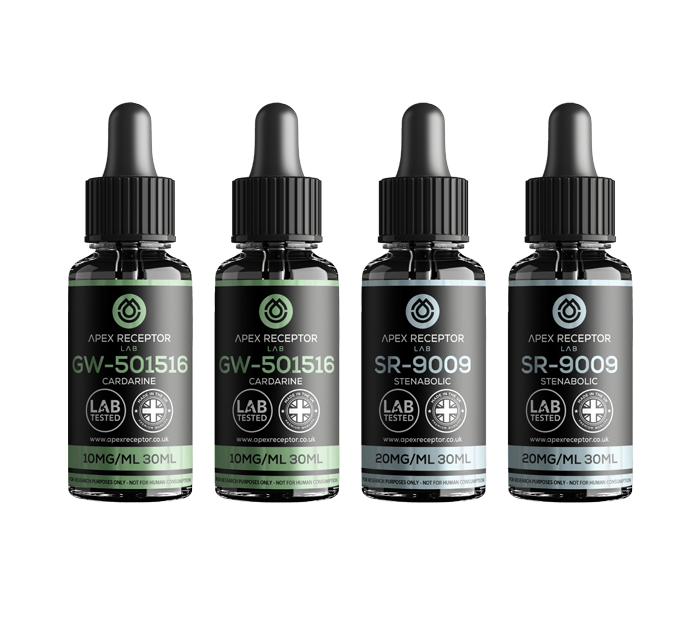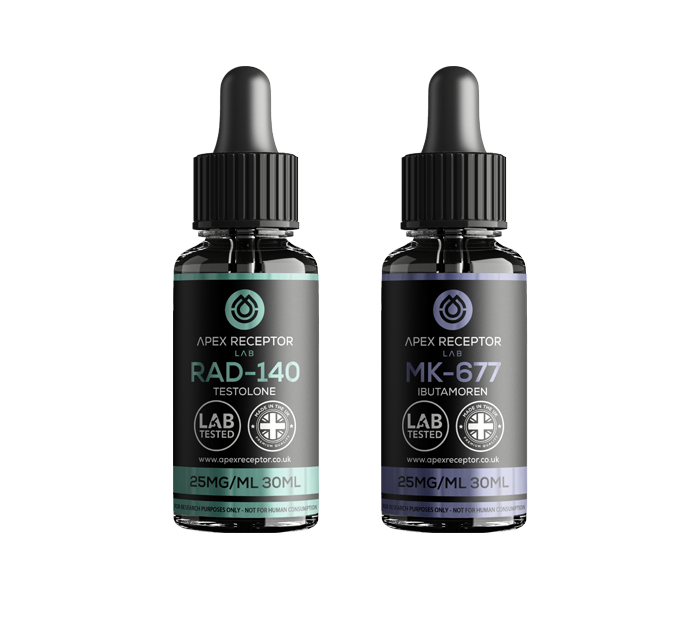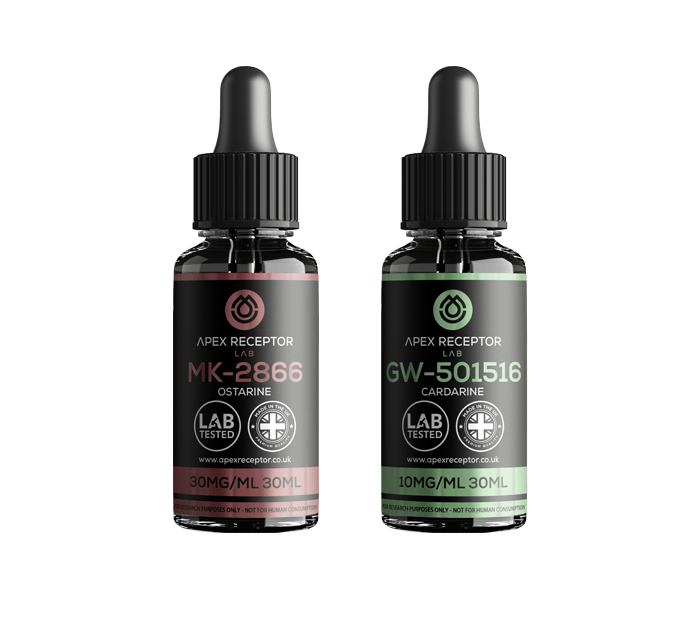Selective Androgen Receptor Modulators (SARMs) are stirring up a storm in the UK’s fitness and bodybuilding communities. These compounds, famed for their muscle-bulking and fat-shredding abilities, are at the centre of heated debates and keen scrutiny. Are they legal? Are they not? The answers are wrapped in a complex, ever-changing legal tapestry.
In this blog post, we’re diving deep into the legal labyrinth surrounding SARMs in the UK. We’ll unravel the current regulations piece by piece, offering you a crystal-clear picture of what’s legal, what’s not, and everything in between. Let’s clear the fog around SARMs in the UK fitness scene!
Understanding SARMs
Before diving into the legalities, it’s essential to understand what SARMs are. SARMs are a class of therapeutic compounds that have similar properties to anabolic steroids but with reduced androgenic (related to male characteristics) properties. They are known for their potential in treating muscle wasting and osteoporosis but have gained popularity in the fitness world for their ability to enhance muscle growth and performance.
Developed in the 1990s for conditions like muscle wasting and osteoporosis, SARMs were the science world’s answer to muscle wasting and osteoporosis. But they’ve become the new craze in bodybuilding and physical enhancement circles. They promise all the muscle-pumping perks of steroids but with fewer downsides.
We’re still unsure about their long-term effects and, no, they’re not yet given the green light for human use. So, while they sound super promising, there’s still a bit of mystery and a “handle with care” label attached.
The Legal Status of SARMs in the UK
Let’s break down the SARM situation in the UK without all the legal jargon. SARMs aren’t illegal, but it’s a bit complicated.
They aren’t licensed for medical use, and the Medicines and Healthcare Products Regulatory Agency (MHRA) hasn’t given them the thumbs up. What does this mean? You can’t find them in your local pharmacy, and doctors won’t prescribe them soon. The UK government is considering tightening the rules on importing and exporting SARMs. They’re also looking to slap tougher penalties on anyone caught selling them illegally. Why all the fuss? The goal is to make sure that if anyone’s using SARMs, it’s under medical supervision.
For you, the consumer, it’s important to know all this stuff. Before considering SARMs, ensure you’re clued up on their legal status and the risks. And always chat with healthcare pros first.
Sale, Supply and Possession
The sale of SARMs for human consumption is not permitted in the UK. However, they can be sold for research purposes under certain conditions.
As of January 2024, no law specifically says you can’t possess SARMs for your own use. This means if you’re buying SARMs (maybe to see what all the fuss is about?), you’re not on the wrong side of the law. But remember, just because it’s not illegal doesn’t mean it’s clear sailing. We still don’t know a lot about SARMs, especially their long-term effects on our health.
So, while you’re not breaking any rules by having them, make sure you’re up to date with the latest research and always talk to a healthcare professional.
The Medicines and Healthcare Products Regulatory Agency (MHRA)
The Medicines and Healthcare Products Regulatory Agency (MHRA) is pivotal in regulating SARMs in the UK, ensuring their safety, efficacy, and quality. The MHRA’s role involves assessing SARMs’ safety and quality before they are authorised for use, including reviewing clinical trial data, manufacturing processes, and product labelling.
Once SARMs are in the market, the MHRA continues to monitor their safety, analysing reports of adverse reactions and investigating any emerging safety concerns. This ongoing surveillance protects users from potential risks associated with SARM use.
The MHRA also enforces compliance with regulatory standards and good manufacturing practices in the SARMs industry. They ensure that SARMs meet necessary quality and safety requirements through inspections and guidance, ultimately safeguarding public health.
Athlete Considerations: Doping Regulations
SARMs are a big no-no in the professional sports world, and the World Anti-Doping Agency (WADA) has them on its blacklist. If you’re caught with SARMs in your system, you could be waving goodbye to your competition dreams with a ban.
If you’re an athlete in the UK, here’s where you need to pay extra attention. Sometimes, SARMs can play hide and seek in your supplements without you even knowing it. Before you pop any supplement, have a chat with your pharmacist or doctor. Do your homework on any supplement you’re taking. Check it out, research it, and make sure it’s both safe and legal.
Clinical Studies on SARMs

Ongoing studies show SARMs’ effectiveness in improving muscle mass and bone density and as a safer alternative in hormone replacement therapy for low testosterone levels. Early results in testing are promising, suggesting that SARMs could provide new treatment options for various medical conditions.
Efficacy and safety trials have assessed SARMs’ effectiveness in treating conditions like muscle wasting, osteoporosis, and hypogonadism and their safety. Recent clinical trials and studies on SARMs have shed light on their efficacy and safety across various conditions:
- Sarcopenia in women: The efficacy and safety of MK-0773, a specific SARM, were tested in a phase IIA clinical trial involving female participants with sarcopenia. This trial aimed to explore the potential of SARMs in treating sarcopenia, a condition characterised by muscle loss due to ageing (source: PubMed).
- Cancer-related muscle wasting: Enobosarm, another SARM, was the focus of a double-blind, randomised, controlled phase 2 trial to assess its impact on muscle wasting and physical function in cancer patients. This study evaluated how SARMs could benefit patients suffering from muscle wasting due to cancer (source: PubMed).
- COPD and muscle weakness: A phase IIa study evaluated GSK2881078 over 13 weeks in older men and postmenopausal women with COPD and muscle weakness. This research aimed to determine the effects of GSK2881078 on muscle strength, mass, and functional capabilities like walking capacity, offering insights into treating muscle weaknesses associated with COPD (source: Health Research Authority).
- Advanced breast cancer treatment: The phase 1/2 study of vosilasarm (EP0062) focused on its safety and efficacy in treating AR+/HER2-/ER+ advanced breast cancer. This trial represents a significant step in addressing the unmet medical needs in advanced breast cancer therapy, showcasing the potential role of SARMs in cancer treatment (source: Business Wire).
Where Can I Buy SARMs in the UK?
At UK SARMs, our commitment to delivering top-tier SARMs is unwavering. We ensure the highest standards by testing the purity of our SARMs with a Certificate of Analysis (CoA) in our ISO7 medical grade lab. You can find out more about this here:
What is Certificate of Analysis (COA) Testing for SARM, and How Can You Trust it?
Our responsibility as a trusted SARMs supplier is to guarantee that you, our customer, have access to the finest quality SARMs on the market. This dedication is reflected in our excellent reviews and strong industry reputation.
View our genuine purity certificates here with the proof of payment to MZ Bio Labs at Lab-verified Purity Report.
View our genuine purity certificates here with the proof of payment to Colmaric Analyticals at Independently-verified Purity Report.
DISCLAIMER: We do not supply SARMs or peptides to individuals under the age of 21. Only licensed and qualified healthcare practitioners may use our products. Our professional team is committed to providing products exclusively for laboratory research by trained and responsible individuals. All products listed on our website and supplied through UK SARMs are intended for laboratory research purposes only and are not for human or animal consumption or ingestion of any kind.

